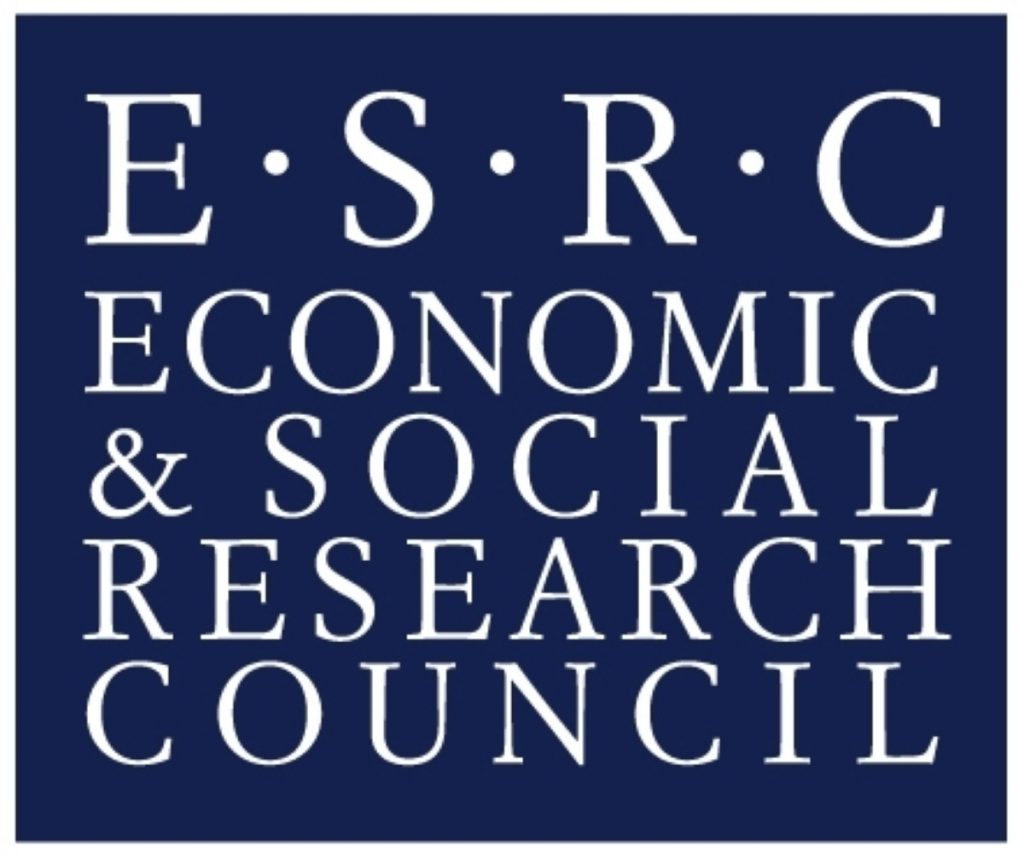ESRC: Maori culture teaches us families crucial to mental health
Health service providers could learn from New Zealand Maoris when it comes to helping adults who have had mental health problems to get back on their feet, new research suggests.
In Maori culture close family and friends are intimately involved with helping people with difficulties, and such family-based approaches appear to have advantages over conventional methods where professionals tend to take the lead.
Dr Jerry Tew of the School of Social Policy at the University of Birmingham led a research project examining the effectiveness of family-based approaches to the 'reablement' of adults who have had a major mental health breakdown. Reablement refers to helping someone who has had a mental health crisis to function once again as a member of society. The research will be highlighted during this year's national Festival of Social Science week in November organised by the Economic and Social Research Council (ESRC).
One approach that the team examined is called family group conferencing, which originated in New Zealand. "The social work agencies in New Zealand were aware of a lot of discontent among the native Maori population, because when children were being taken into care the community felt it was not involved in the decisions," said Dr Tew. A new system was developed where a neutral 'facilitator' is appointed whose job is to gather 'significant others' around the person who needs help. "The person in crisis is given a lot of power in terms of who they want to be involved and who they do not want to be involved," said Dr Tew. "Any professional is brought in on the family’s terms." The best way to 'reable' the person in crisis is decided upon by agreement with the person, the family and the professionals.
"We found that even when the person in crisis was not able to contribute a lot because they were still fragile, they reported later that it was immensely reassuring to have their family and friends around them in this way, and that they felt empowered" said Dr Tew.
The research team also examined other family-based approaches to reablement of adults who had had a mental health crisis, including some that had a more conventional counselling element involved. "All approaches have their appeal in particular circumstances, and my overriding conclusion is that involving the family can be an extremely important part of helping someone to rebuild a life and that this is an area definitely worth taking seriously and is worthy of further research," said Dr Tew. "Having said that, it is not a panacea and is not always appropriate or effective in all situations."
The research findings will be discussed at a Festival of Social Science conference entitled Involving families in supporting mental health recovery in Birmingham on 7 November for users of mental health services, their family members, mental health professionals and academic researchers.
For further information contact:
Dr Jerry Tew
Email: j.j.c.tew@bham.ac.uk
Telephone: 0121 414 3640
ESRC Press Office:
Susie Watts
Email: susie.watts@esrc.ac.uk
Telephone: 01793 413119
Sarah Nichols
Email: sarah.nichols@esrc.ac.uk
Telephone: 01793 413122
Notes for editors
Event: Involving families in supporting mental health recovery
Organiser: Dr Jerry Tew
Date: 7 November 2013 09.30-13.00
Venue: Park House, University of Birmingham, Edgbaston Road, Birmingham B15 2TT
Audience: Professionals
Further information: please contact Dr Tew or visit www.familypotential.bham.ac.uk
The Festival of Social Science is run by the Economic and Social Research Council and takes place from 2-9 November 2013. With events from some of the country's leading social scientists, the Festival celebrates the very best of British social science research and how it influences our social, economic and political lives – both now and in the future. This year's Festival of Social Science has over 170 creative and exciting events across the UK to encourage businesses, charities, government agencies, schools and college students to discuss, discover and debate topical social science issues. Press releases detailing some of the varied events and a full list of the programme are available at the Festival website. You can now follow updates from the Festival on Twitter using #esrcfestival.
The Economic and Social Research Council is the UK's largest organisation for funding research on economic and social issues. It supports independent, high quality research which has an impact on business, the public sector and the third sector. The ESRC's total budget for 2012/13 is £205 million. At any one time the ESRC supports over 4,000 researchers and postgraduate students in academic institutions and independent research institutes.





-01.png)